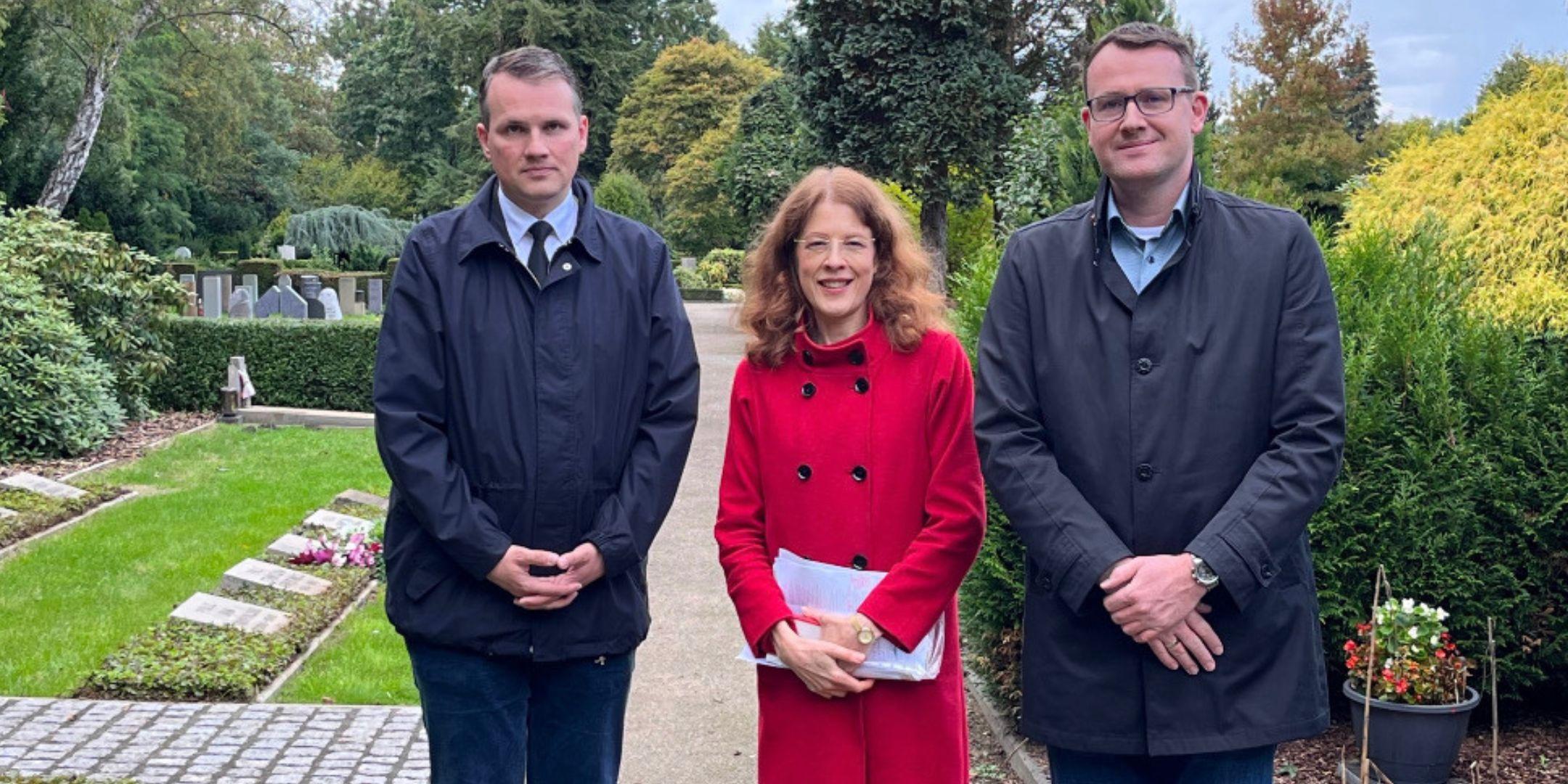May 12, 2025
Société Jersiaise - Liberation 80 Lunchtime Talks 2025
Société Jersiaise 7 Pier Road JE2 4XW Saint Helier
Details
This talk marks 80 years since those deported to civilian internment camps in Germany were liberated. The differing experiences in Biberach, Wurzach, Laufen, Liebenau, Dorsten and Compiègne impacted the way that the internees remembered their internment and affected their desire to return. Those from different islands also had different experiences, which shaped the narrative told in those islands. This is a story of anger, bitterness and demands for compensation, but also one of friendship, forgiveness and reconcilliation. Professor Gilly Carr OBE, PhD, FSA, FRHistS. University Professor in Conflict Archaeology and Holocaust Heritage, Academic Director in Archaeology, University of Cambridge Institute of Continuing Education, Fellow and Director of Studies in Archaeology, St Catharine's College. Partner, Cambridge Heritage Research Centre, Member of the UK Delegation of IHRA ( www.holocaustremembrance.com ): Academic Working Group, Safeguarding Sites Chair, and Committee on the Holocaust, Genocide and Crimes against Humanity. Winner of the European Heritage Prize 2020. Latest books: Gilly Carr (2024) A Materiality of Internment . Routledge. Gilly Carr and Rachel Pistol (2023). British Internment and the Internment of Britons . Bloomsbury Academic. Gilly Carr (2019). Victims of Nazi Persecution in the Channel Islands: A Legitimate Heritage? Bloomsbury Academic. Photo 1: Gilly Carr at the cemetery in Laufen visiting internee graves (in blue dress) Photo 2: Gilly Carr at the cemetery in Dorsten visiting internee graves (in red coat).
